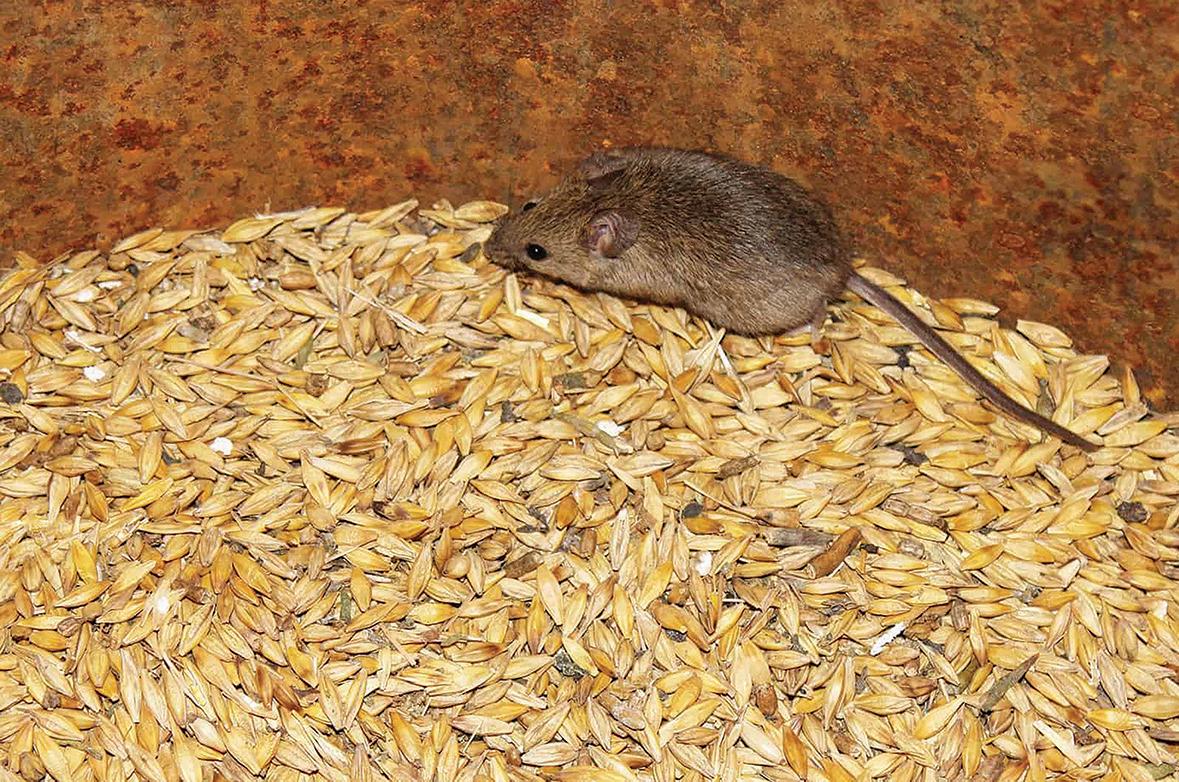
3 minute read
Veterinary View
Equine Immune Response
Courtesy www.thehorse.com
Advertisement
Many owners place great faith in nutritional supplements to ward off disease and inflammation in their performance horses: cautious optimism is warranted.
During the 2020 American Association of Equine Practitioners’ Convention, held virtually, Lori Warren, PhD, PAS, an equine nutritionist at the University of Florida, reviewed what scientists know about the horse’s immune system and the potential to enhance disease resistance through dietary means. Horses in training and competition invariably face stressors that tax their immune systems, including strenuous exercise, long-distance hauling, and concentrated stabling at showgrounds and racetracks where they’re at increased risk of exposure to pathogens (diseasecausing organisms). In addition to a good vaccination program, a balanced diet is one of the best defences a horse has against disease, said Warren. Every nutrient is important - any deficiencies or imbalances in essential amino acids, fatty acids, vitamins, minerals, and fibre can compromise immune function.
Antioxidants
Antioxidants are among the most popular supplements, and vitamin E is one of the most studied.
Deficiencies have been associated with neurologic and inflammatory diseases, and veterinarians typically recommend supplementation for affected horses.
However, for healthy athletes whose daily requirements are being met, research suggests feeding extra vitamin E does not provide additional immune-boosting benefits, said Warren. Ditto for selenium and vitamin C, although it is unclear what role it plays in immune function. The American National Research Council has not established a daily requirement for vitamin C in the equine diet, perhaps because horses can synthesise it in the liver, and excess C gets flushed from the body. Warren noted that some horses with active inflammation might benefit from receiving an antioxidant “cocktail” that includes vitamin C. She also cautioned that if owners have been feeding vitamin C and then decide to discontinue doing so, it should be tapered off rather than stopped cold turkey so the body’s natural synthesis of vitamin C can resume.
Omega Fatty Acids Omega-6 and omega-3 fatty acids are recognised for their immune-boosting properties which can’t be synthesised so they must be present in the horse’s diet.
A forage-rich ration that includes pasture and hay is an oftendiscounted source of omegas, so supplemental fat might not be needed.
Flaxseed, linseed, sea algae, and cold-water fish oils are good sources of omega-3s.
Fish oil and algae have an advantage in that the fatty acids’ molecular structure provides a biological shortcut to being used by the cells in the body. Corn, soy, and other plant oils are good sources of omega-6s. Omega-6 is equally important as omega-3—the two work together within cells. Study results have shown that horses with respiratory disease and osteoarthritis receiving both omega-3s and -6s experience a reduction in inflammatory markers. Although no hard conclusions have been drawn, the American College of Veterinary Internal Medicine recommends adding the omega-3 docosahexaenoic acid to the diets of horses with inflammatory airway disease.
Functional Fibre
Functional fibres are indigestible carbohydrates that pass through the digestive tract until reaching the hindgut, where they are fermented by microbes.
Also marketed as “prebiotics,” these fibres are more than just a simple energy source, Warren said. They exert a positive effect on immunity by:• Establishing beneficial bacteria in the hindgut; • Binding to pathogens; • Supporting epithelial cells; and • Interacting with immune cells.
Yeast
Yeast is yet another promising feed additive. In one study, researchers fed pregnant mares yeast in the final weeks before foaling.
After birth, they had higher-quality colostrum (antibody-rich first milk), greater passive transfer (of antibodies to foals), and stronger neutrophil function in their foals.
In a separate study, researchers fed dams and foals yeast supplements and noted measurable increases in fecal IgA— protective factors that are “first lines of defence against pathogens in the gut,” Warren said. In yet another study, senior horses fed a yeast culture supplement had an improved immune response, as well as a reduction in inflammatory cytokines, when vaccinated against equine influenza.










